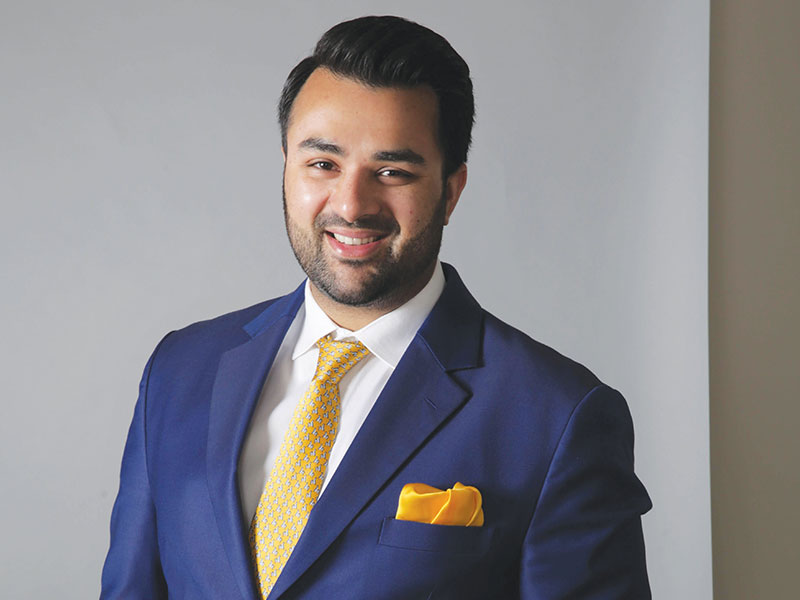
How satisfied are you with NEP 2020’s proposals for curricular reforms in K-12 education?
NEP 2020 is a comprehensive education policy document. Its school curriculum reforms are laudable especially the proposal to eliminate rote learning in favour of competencies assessment. Moreover its emphasis on teacher training, introduction of inter-disciplinary learning and vocational education for all children from class VI onwards, are praiseworthy initiatives. NEP 2020’s high emphasis on early childhood careand education was overdue. I am especially delighted that the policy document mandates development of curriculums and pedagogies that promote critical thinking, creativity, problem-solving and knowledge application skills. These practices were introduced in RIGI schools several years ago.
NEP 2020 proposes a new 5+3+3+4 academic structure to replace the existing 10+2 school system. How easy will it be for private schools to switch to this new structure?
This is a welcome initiative because it paves the way for all government and private schools to formally integrate nursery and kindergarten education into school education. While the transition may be difficult for some schools that don’t provide early years education, the new structure will soon become normative. Also, higher secondaries and junior colleges will become redundant as classes XI and XII will become integral to school education.
What should be the major prioritiesof schools as they switch from rote learning to holistic, inquiry-based and
experiential learning recommended by NEP 2020?
Schools need to transform their teaching-learning systems in three fundamental areas:
Content support. Teachers and students need to be provided curriculums /content that promote creativity, critical thinking and deep understanding of theoretical concepts.
Teachers. Continuous teacher and support to implement experiential and collaborative learning pedagogies is imperative for delivering holistic curriculums. Continuous and comprehensive assessment. The evaluation system
needs overhaul to enable assessment of students’ application and analytical capabilities.
Will introduction of a wide range of new courses/subjects in secondary school drive up school fees?
This proposal will have to be implemented with care and consideration as students will benefit from varied subject choices only if their chosen subjects benefit them in higher education. Moreover, introduction of even limited subject choices across the science, commerce and arts streams will require recruitment of well-qualified teachers. This will drive up school fees.
NEP 2020 has proposed introduction of holistic 360 degree multi-dimensional student report cards. Your comment?
The NEP 2020 policy document emphasises assessment for learning and not assessment of learning. This shift will transform the way teachers teach and students learn. To implement this proposal, intensive teacher training will be required and exam/test formats will need to be overhauled to assess students across cognitive, affective and psychomotor domains.
What are the major implementation roadblocks to NEP 2020?
India has 250 million school-going children. This is a staggering number and the sheer scale of implementation will be a huge challenge. It will take massive effort to change the course of such a large ship. Apart from government, teachers, school managements, parents and students also need to be educated about the transformational benefits of NEP 2020.
Read: Implementing NEP 2020: Expert advice for central government
